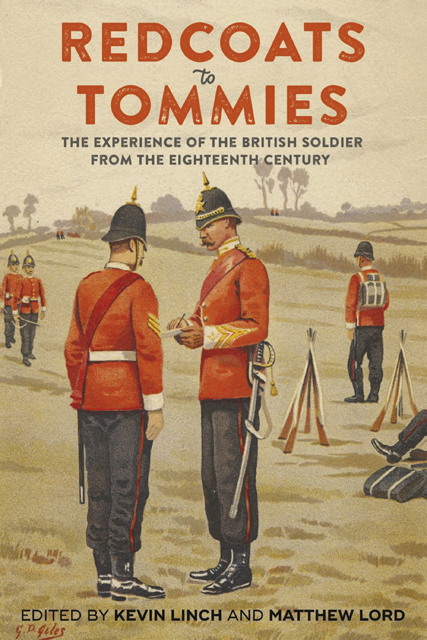9 - Irish Military Cultures in the British Army, c.1775–1992
Published online by Cambridge University Press: 17 January 2023
Summary
Ireland can claim to have a series of lengthy and important military cultures or traditions. The most obvious is, perhaps, what could be termed a republican military culture. This dates from the United Irishmen formed in the 1790s and inspired by the ideology of revolutionary France. The United Irishmen, who recruited amongst both Catholics and Presbyterians, were responsible for a series of localised risings in 1798, most notably in Counties Antrim, Down and Wexford, and for Robert Emmet’s rebellion of 1803 in Dublin. This republican military tradition can then be traced through the Young Ireland Rising of 1848, Fenian Rising of 1867, Easter Rising of 1916, the Irish War of Independence of 1919–21, the Irish Civil War of 1922–23 and later Provisional Irish Republican Army campaign of 1969–98. Almost as well known is what could be termed the ‘Wild Geese’ tradition. With the end of the Williamite Wars, with the Treaty of Limerick in 1692, and subsequent penal laws, Irish Catholics were prohibited from enlisting in the British army, due to fears of continued Jacobite sympathy. They were, however, able to enlist in ‘Irish Brigades’ in the French and Spanish armies. Only with the repeal of the penal laws regarding army enlistment and the decimation of the Irish Brigades during the French Revolutionary and Napoleonic Wars did this tradition fully end, though by the 1790s it is clear that very few of the rank and file in the Irish Brigade in the French army were actually Irish born. In terms of overseas service, one might also look to the large numbers of men of Irish birth who served in both the Union and Confederate armies during the American Civil War, those who served in the various South American wars of liberation of 1815–28, and the Irish battalion which served in defence of the Papal States in 1861. There was also a Protestant volunteering tradition, which might be traced back as far as the Ulster plantation of the early seventeenth century, when those granted lands under the plantation settlements were meant to bring in settlers from England and Scotland who would serve in a Protestant militia in time of war.
- Type
- Chapter
- Information
- Redcoats to TommiesThe Experience of the British Soldier from the Eighteenth Century, pp. 192 - 210Publisher: Boydell & BrewerPrint publication year: 2021

